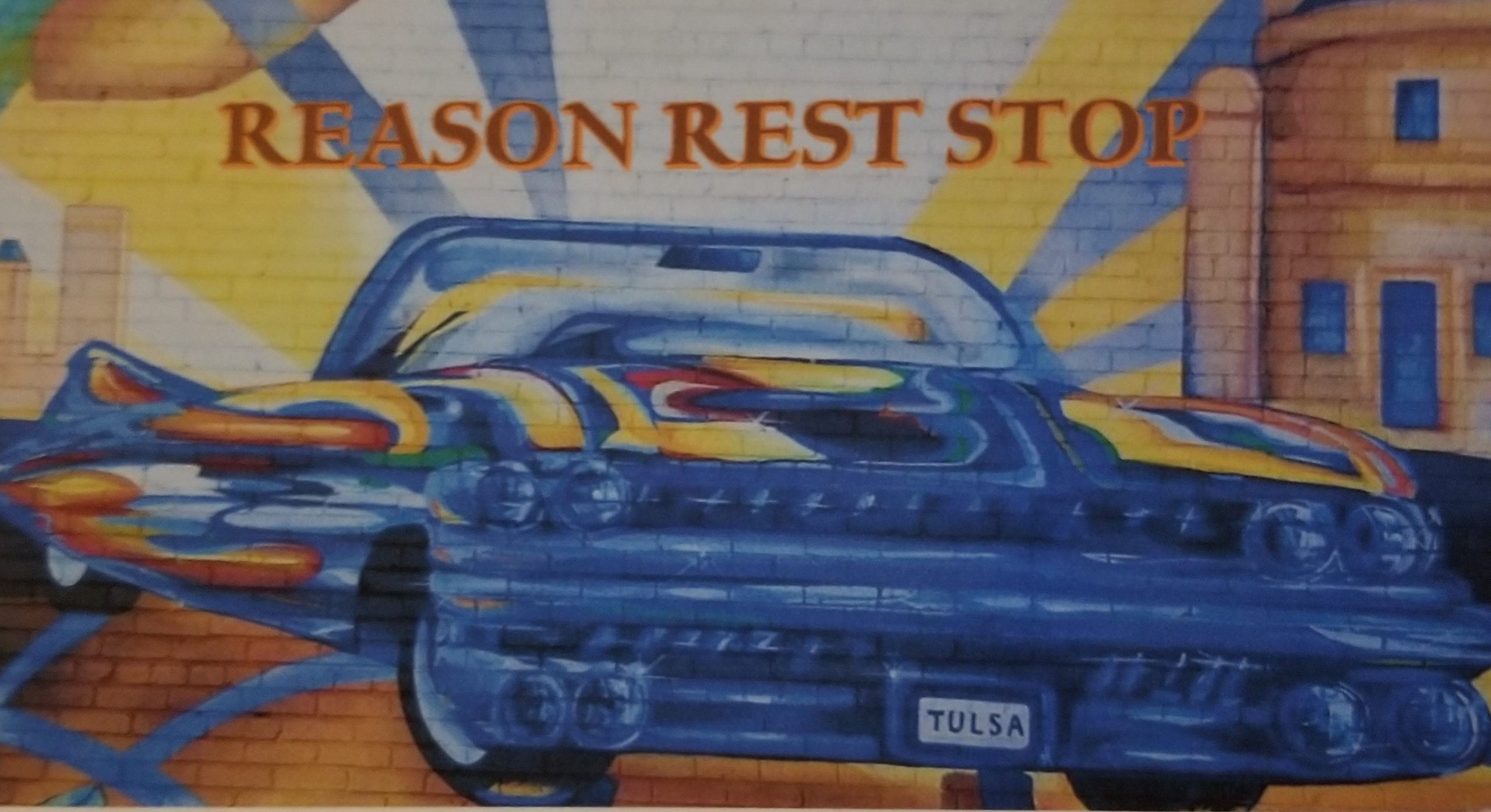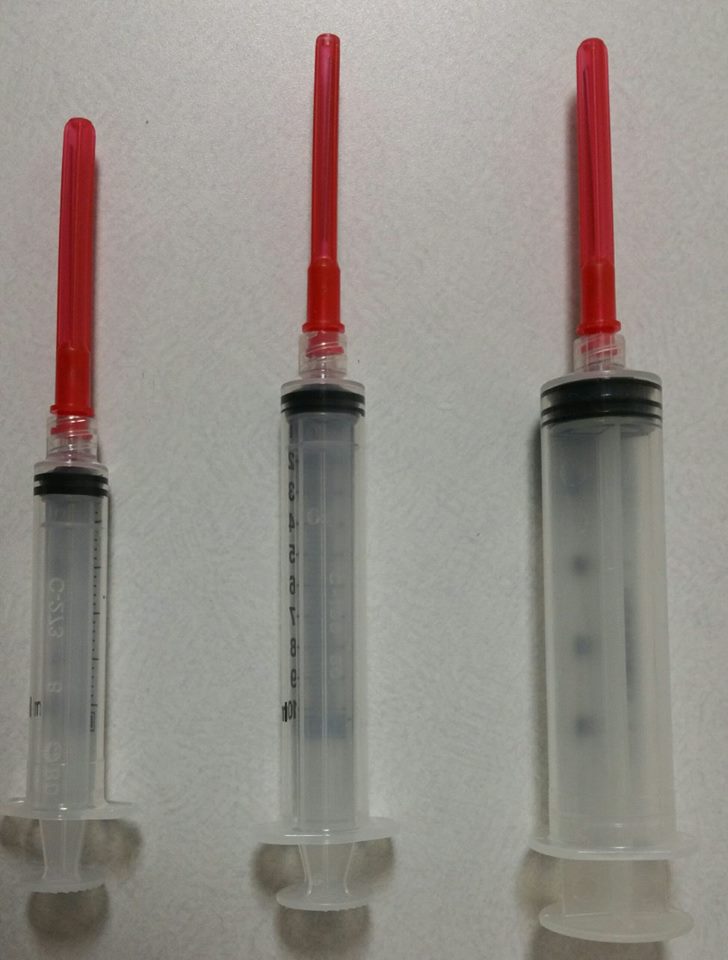Death by nitrogen hypoxia. That is the latest modality now legally available to the State of Oklahoma to carry out death sentences. Governor Fallin signed off on HB 1879 last week after it wound its way through the legislature and was placed on her desk. The bill’s author is Representative Mike Christian from HD 93 (South OKC) who himself is a former member of the Oklahoma Highway Patrol. As stated in the new law, nitrogen hypoxia merely serves as a backup modality to lethal injection. If for whatever reason either of those modalities become unavailable, the State can still resurrect its electric chair or assemble an ad hoc firing squad to carry out a death sentence. It is duly noted that one selling point of nitrogen gas is it does not require the involvement of any health care professionals or paraprofessionals. It simply involves placing a mask over the face of the condemned while sitting in an airtight chamber and removing all oxygen from the environment. According to the bill’s author it is fast, painless and foolproof. According to the executive director of the Oklahoma ACLU, Ryan Kiesel, “I think it’s dangerous for the legislature to fool itself into thinking they’ve adopted some proven method for executing the condemned in Oklahoma, when in fact they have authorized a highly experimental method of execution that’s banned in many jurisdictions for the euthanasia of animals.”
Honestly, what could possibly go wrong? After all, any resemblance of consistency with the Eighth Amendment went out the window when the first death sentence was ruled constitutional.
According to Amnesty International, the United States ranks 5th in the World in the number of death sentences carried out.
Oklahoma leads the United States in the number of executions per capita.
Regardless how unpopular the death penalty may become in other states or nations, those in control of the government in the Sooner State will hold onto it like its the Holy Grail and pursue it as if funding to support it is inexhaustible. Yes, given the $600+ million dollar budget deficit, this legislation passed with relative ease in spite of the fact that in every single death penalty state where it has been studied, the death penalty costs significantly more to impose than life in prison. Money is not the only thing it costs us Oklahomans to execute a murderer. The dearth of available drugs that once were the standard agents to carry out lethal injection is now a problem. The termination of manufactured products or refusal of manufacturers and/or suppliers on moral grounds to sell drugs to be used in carrying out death sentences has placed state officials in a tight spot. As was demonstrated with the botched execution of convicted murderer Clayton Lockett a year ago, slipshod drug mixtures are unreliable and the spectacle created by taking 43 minutes to kill the condemned Lockett (who partially regained consciousness and eventually died of a heart attack) generated a great deal of bad press for the state and those in charge.
Absent from all of this is any discussion of safeguards to ensure innocent people are not being put to death.
Although it be a rarity in Oklahoma, several have been exonerated from Death Row. Enough convictions were overturned in Illinois to prompt then Governor George Ryan to impose a moratorium on all death sentences in that state. Illinois subsequently abolished the death penalty. Whatever became of the sentiment “better to let ten guilty go free than to punish one innocent?” I doubt this would have caused capital punishment to lose enough of its luster to be banned in places where it previously thrived if it were still embraced. I am sure it will always have its fair share of supporters regardless of monetary cost or moral liability. If the death penalty proponents can figure out a way to grant someone like Cameron Todd Willingham clemency from where he is now then they win the argument. Until then then can count on my loyal opposition.


